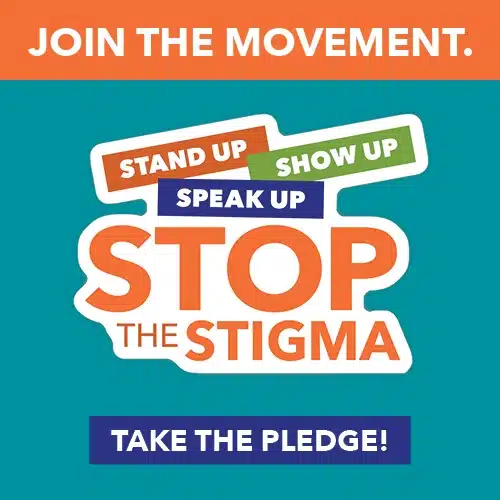Becoming a new parent is a journey unlike any other. It’s often accompanied by a whirlwind of emotions—joy, excitement, unconditional love. Of course, there is also sleepless nights, endless diaper changes and the tremendous responsibility that goes along with bringing a newborn into the world.

Postpartum depression (PPD) affects one in seven women, or 15% of all new mothers. It can be incredibly isolating for moms experiencing feelings of sadness and hopelessness at a time when mental health still has a significant stigma associated with it. In this blog, we’ll shine a light on the signs and symptoms to look out for and how you can support a new mom experiencing PPD.
What does PPD look like?
Postpartum depression (PPD) can manifest in various ways, and symptoms may differ from person to person. PPD is a mental health condition with several symptoms that range from mild to severe. Here are ten of the most common symptoms:
- Persistent Sadness or Mood Swings
- Irritability and Anger
- Overwhelming Fatigue
- Changes in Appetite and Weight
- Sleep Disturbances
- Loss of Interest or Pleasure
- Feelings of Worthlessness or Guilt
- Difficulty Bonding with the Baby
- Withdrawal from Friends and Family
- Thoughts of Self-Harm or Suicidal Ideation (in severe cases)
It’s important to note that experiencing some of these symptoms in the postpartum period is common due to the physical and emotional changes that accompany childbirth. However, if these symptoms persist for more than a couple of weeks, worsen over time, or interfere with daily functioning and the ability to care for oneself or the baby, it may indicate PPD.
How can you support someone experiencing PPD?
If you know a new mother experiencing these symptoms, offering your full support is the number one thing you can do. Here are a few ways:
Educate Yourself: Learn about postpartum depression, its symptoms, and risk factors. Understanding the condition will help you provide better support.
Encourage Communication: Create a safe and non-judgmental space for the new mother to express her feelings and concerns. Encourage her to talk openly about her experiences.
Offer Emotional Support: Let her know that you are there for her emotionally. Show empathy, understanding, and patience. PPD can be isolating and having someone to lean on can make a big difference.
Help with Practical Tasks: Help with daily chores and responsibilities such as cooking, cleaning, and childcare. This can relieve some of the stress and pressure she may be feeling.
Encourage Self-Care: Help her prioritize self-care, which may include taking breaks, getting enough sleep, and engaging in activities she enjoys.
Connect with Others: Encourage her to connect with other mothers who may have experienced PPD. Support groups and online communities can provide a sense of camaraderie and understanding.
Help Reduce Stress: Assist in identifying and managing sources of stress, whether related to parenting, work, or other responsibilities. Offer to share the load and find practical solutions together.
Be Patient: Recovery from postpartum depression takes time. Be patient and supportive throughout the process and avoid pressuring her to “snap out of it.”
Encourage Professional Help: Remember that PPD is a treatable condition, and early intervention can significantly improve the outcome. Encourage her to seek help from a mental health professional if she hasn’t already. A therapist or psychiatrist can provide valuable guidance and treatment options.
Our mental health experts at Oaks Integrated Care can help determine the most appropriate treatment plan. To learn more about Oaks services or schedule an appointment, take the first step and call our Access Center at 1-800-963-3377.









